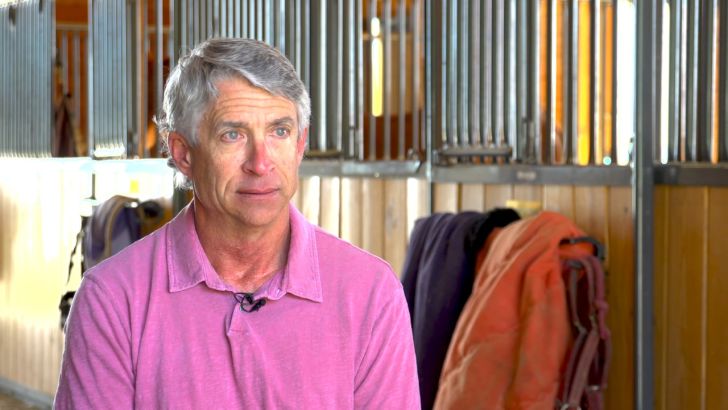Courageous Warriors, Beauty from the Ashes
A sensitive and insightful documentary on breast cancer that draws witness from patients, doctors, caregivers and advocates
“Courageous Warriors, Beauty from the Ashes” rides somewhere between straight journalistic documentary and cinematic therapy. It’s a movie made by and for survivors of breast cancer that takes a look at the dreaded disease from a variety of perspectives: medical, emotional, spiritual, etc.
We hear from dozens of women who have had breast cancer, hear them talk about their pain and see their scars. There’s a even a testimony from a radio announcer whose wife had breast cancer twice. He learned to be a caregiver and advocate, so he was better equipped than most when he later got it himself.
(Yes, men can get breast cancer, one of many important facts we’ll learn.)
The documentary is produced and directed by Darla Rae and narrated by actress Dee Wallace. It obviously is a true labor of love, and the heartfelt interviews and obvious empathy about the subject matter override the obvious low production values, such as screen titles that look they were produced from a generic video editing software.
As a man who hasn’t had any close women in my wife who have had breast cancer, I was drawn much closer to the subject than I ever could have through a television special or news report. These are real women and men who have had the cancer or been caregivers to those who have, talking about the incredible pain they’ve endured — but also, surprisingly, how many speak about the “gift” of breast cancer.
That’s the title of a book by Diane Simard, who formed a breast cancer advocacy group after her long and grueling bout. Indeed, many of the people we hear from went on to make recovery from cancer the prime motivating factor in their lives. They know what it was like to go through, and don’t want anyone else to do it without help and support.
One of the areas explored is the various non-traditional medicine and therapies patients of breast cancer turn to. Some use cannabis or its oil extracts to deal with the nausea and pain. Others use horse riding as a way to bond with another creature and gain strength from a symbiotic experience. Many paint their bodies with colorful tattoos to hide their surgery scars — or, in not a few cases, accentuate them.
Many women opt for reconstructive surgery, we learn, but many others do not, preferring the lack of breasts to the need to have them as the major identifier of female physiognomy. Breasts, while biologically for nourishing babies, are the primary way we identify women physically and sexually, and we hear about how bound up they become in their breasts — and how freeing it can be to let go of that cultural signifier.
In several cases we hear from medical professional themselves who became breast cancer patients, such as Dr. Lynne Yancy or nurse Jess Wilkerson. They bring a fascinating perspective of people who have spent their lives of caregivers, and perhaps learn during their own recovery the ways in which the medical field attends to their bodies but not their mental and emotional needs.
I was shocked to hear that it is extremely common from breast cancer patients to have their husbands, boyfriends or other significant others abandon them soon after diagnosis. You might think that only the worst kind of person would commit such a cowardly act. But then we hear from caregivers who saw their own lives upended or careers put on hold, often for years at a time, and perhaps understand why some people flee in this circumstance.
“Courageous Warriors, Beauty from the Ashes” is the sort of thing that should be shown to women (and men) shortly after learning they have breast cancer, so they can hear these heartfelt stories and know their lives will go on with joy and fullness. But it’s a good thing for the rest of us to hear.




